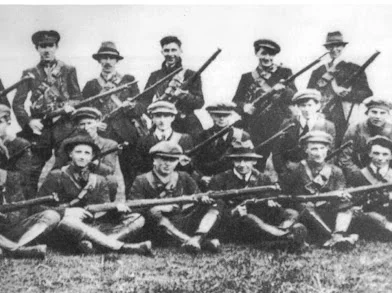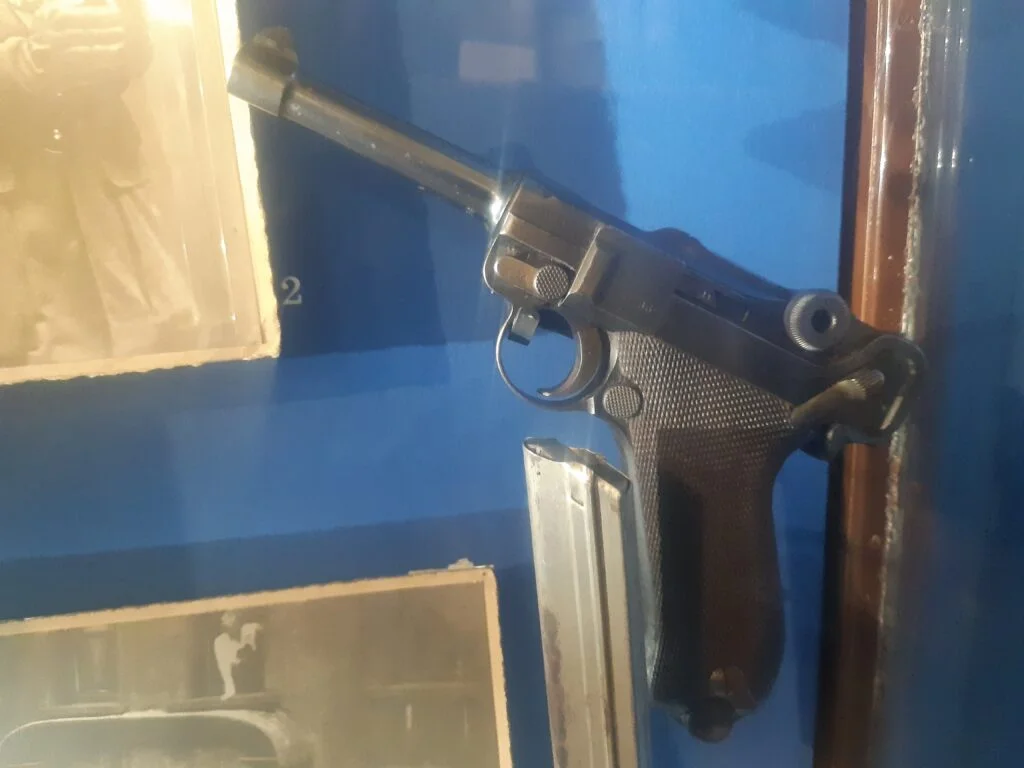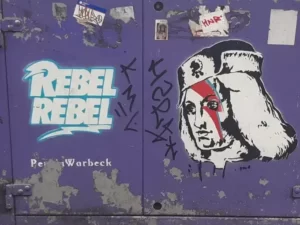Cork City, located in the south of Ireland, is often referred to as the “rebel city.” The nickname is rooted in the city’s long and storied history of rebellion and resistance against British rule.
Table of Contents
We talk about Cork’s ‘Rebel City’ status in length on the Rebel City Trail of Cork. This article merely serves as an introduction. Make sure also, to check out our guide of Things to do in Cork.
Suggested Articles:
Perkin Warbeck
One of the most famous episodes in Cork’s rebellious history took place in the late 15th century, when a man named Perkin Warbeck arrived in Ireland claiming to be Richard, Duke of York, the younger of the two “Princes in the Tower” who were famously murdered in the 15th century. Warbeck was supported by several Irish nobles, who saw him as a potential ally against the English monarch, King Henry VII.

Cork becomes the ‘Rebel City’
Warbeck made his way to Cork City, where he was received with open arms by the city’s citizens. He was welcomed as a prince and was given a royal reception, complete with parades, feasts, and gifts. The people of Cork saw Warbeck as a symbol of hope and a chance to throw off the yoke of English rule.
Despite their support, Warbeck’s campaign ultimately failed, and he was captured by the English and executed in 1499. But the episode left a lasting impression on the people of Cork, who saw themselves as a city that was willing to stand up against English tyranny.
Over the centuries, Cork has continued to be associated with rebellion and resistance. During the Irish War of Independence in the early 20th century, Cork City was a hotbed of activity for the Irish Republican Army (IRA), which fought to end British rule in Ireland.

The city saw some of the most intense fighting of the war, including the burning of the city center by British forces in 1920. The city also played a key role in the Easter Rising of 1916, which was a precursor to the Irish War of Independence.
The Rebel City’s ‘Joan of Arc’
Cork was home to many famous rebels during this war, including Mary Bowles, known as “Cork’s Joan of Arc”. Cork Gaol (Jail) played host to many famous rebels. For more info on Cork during the War of Indpendence, including Cork’s most famous love-story, take the Rebel City Trail of Cork.
The spirit of resistance and rebellion that has defined Cork City for centuries lives on today. The city continues to be a center of political activism and cultural pride, with a vibrant arts scene and a strong tradition of community organizing.
In conclusion, Cork City is known as the “rebel city” due to its long history of rebellion and resistance against British rule, with the Perkin Warbeck episode being a significant event. This spirit of resistance and rebellion has become a defining characteristic of the city, and it continues to inspire the people of Cork to fight for their rights and freedoms.
Dara is a local storyteller and True. Cork. Rebel. When he’s not helping guests experience the real ‘Rebel City’ of Cork on his exciting online video series – the Rebel City Trail of Cork. Featuring real Rebel tales from Cork’s struggle for freedom. He’s helping guests explore things to do in Cork. Experience adventure on the Rebel City Trail from your livingroom or on-location in Cork city centre. Immerse yourself in real Cork culture and make the most of your time in the city. Enjoy the Rebel Trail of Cork today!

2 thoughts on “Why is Cork called the ‘Rebel City’?”
Comments are closed.